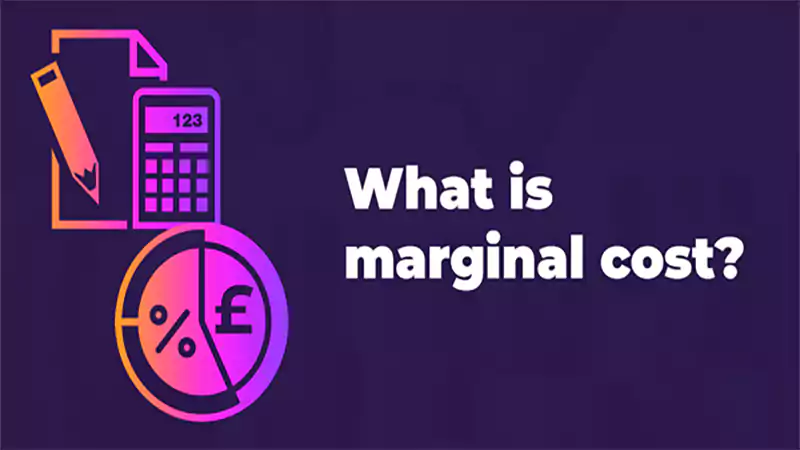
Payment integration isn’t something new, we all have used it at some point, whether it was for shopping or buying food at a drive-through. Well, if you still didn’t get it, let me tell you.
According to a survey, 62% of businesses have incorporated payment integration, and by integrating payment systems with accounting software small businesses can get past different hurdles. This process is more beneficial for small businesses and helps boost efficiency.
This article will discuss 5 benefits of payment integration for small businesses. Here, we will discuss the key points of why every business should use this process.
What is Payment Integration?
Payment integration means when any business, shop, site, or anything incorporates a banking gateway like a card, e-wallet, or online transaction, to pay the bills.
Understand it this way, suppose you want to buy something, and you go to a store and choose what you want during the checkout you don’t have cash so what you can do is you can pay using your credit or debit card.
The cash transfer gateway will work as a middleman, it will collect your bank details securely to check whether you have money in your bank account or not. Ones it confirms that you have money in your account, it will debit it and credit it to the store’s account.
This whole process is where your transfer of funds was made with a different, process termed payment integration.
Why Integrating a Payment Gateway is Vital for Small Businesses?
One of the main reasons why integrating payment gateway is so important for small businesses is that it expands the market and opens new ways for digital payment. As we move toward the future we are carrying less and less cash and that will come soon we’ll be 100% cashless.
It is also a faster and more user-friendly way for the customers. Reduced errors and delays, increased accuracy and efficiency in making payments, etc., are just some of the few reasons why payment integration is important for small businesses.
Also, look at the graph below, and you will see how rapidly the global payment gateway market is growing. Businesses that can keep up with it are doing good, but those that are falling behind are facing some major financial issues.

To talk about in more depth below, we are mentioning 5 major reasons, so read them carefully.
5 Benefits of Payment Integration for Small Businesses
Here are five benefits of online banking systems for small businesses:
- Streamlined Cash Flow Management: This process helps in better cash flow and makes it easier to keep tabs on your finances. Integration of payment allows you to have direct bank transfer which records all the transactions, it is also safer than doing manual calculations.
This is also a quick process and technical errors are also very rare. Not to mention, your customers and clients are offered a variety of options to choose from. Commonly, people go with card payments.
- Improved Client Experience: The integration system is faster in comparison to manually collecting cash, which provides everyone with a better experience as they don’t have to wait longer for their turn.
It also gives them a sense of security since direct bank payments are being made and the whole process keeps your data safe. Apart from this, your clients no longer have to worry about carrying cash to make business deals.
As of today they are even met with options like buy now pay later which is a great way to make purchases at the time of any emergency.

- Reduced Manual Errors: If we talk about the old-school way where collecting cash giving changes or not having enough bills was an issue, it is now being solved. Earlier counting mistakes while handling out cash were being made a lot which resulted in losses.
After the integration of payment, it has been solved. Besides, this makes it easier to keep your finances in order, all the manual hard work of entering and mentioning the transaction is recorded automatically.
- Enhanced Data Security: If data protection wasn’t provided here, there was no chance that people would’ve trusted this process. While making a payment by using a card or anything, your details get saved, but the payment gateway keeps that info safe and doesn’t share it with anyone.
It is also safe from hackers as it offers good security and data breach is nearly impossible, so small businesses a keep on making and receiving transactions without any issues or fear.
- Better Financial Reporting and Insights: Since integrated payment methods already save and record all the information related to sales, transactions, refunds, etc. This also helps you find errors made during payments, which get tough when done manually.
FUN FACT
PayPal is the first ever online payment processing company, founded in 1998. Earlier it was known as Confinity then X.com and finally the name it has today.
Wrap Up
By now, you must’ve understood how monetary integration benefits small businesses. And it is not only about small businesses in every day to day life, payment integration has been making things easier for us.
It is secure, fast, and trustable and is more reliable than carrying cash. Payment Integration is the future and sure in no time everyone will be cashless it will have some issues, but we’ll overcome them and use this service to the fullest.








